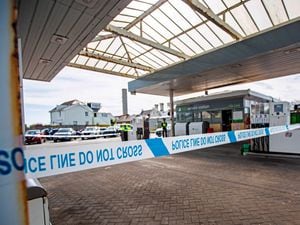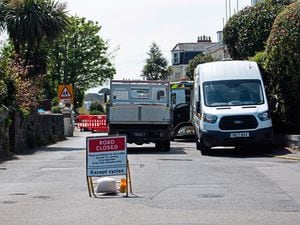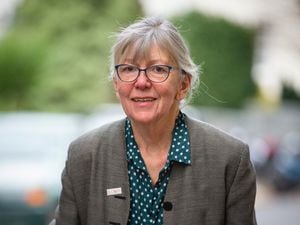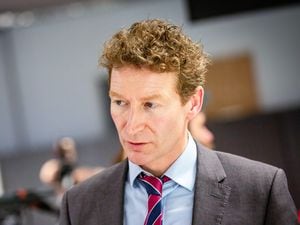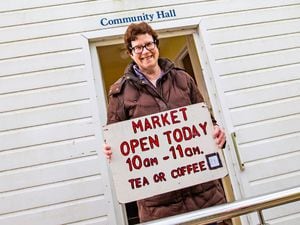Requete calls for a ‘not very dramatic move’ on food waste
The leader of a requete to give parishes more power to manage their waste has described the proposal as ‘not very dramatic’.

The petition for a States debate on the issue of waste disposal was first suggested by Deputy Carl Meerveld last summer but it was only filed recently, and headed up by Deputy John Dyke.
‘We took a while to get it sorted with the Law Officers,’ he said.
‘It’s a fairly straightforward thing and it’s not very dramatic.
‘It’s to change the parochial waste law to allow them, if they wish, to choose sites other than those specified for waste disposal.’
The current systems sees all waste taken to a site designated by the States’ Trading Supervisory Board and that, effectively, has created a situation which the requerants say is anti-competitive.
If approved, those parishes who wanted to would be able to have waste taken to any site approved by Environmental Health.
As for food waste, Deputy Dyke said that the idea of using black soldier fly larvae could be taken up by the parishes if the requete passed.
‘There’s a company that has an authorised site with this new system of dealing with food waste which could be beneficial, and it could well take the food waste at a very low cost, if any.’
A STSB spokesman said the committee had not seen the requete before it was published on the States’ website, was not consulted on the wording, and had not had a chance to discuss its implications.
However, it also understood that many parishes had also not been consulted.
Current method
Food waste is delivered to the waste transfer station where it is shredded, the plastic bags removed mechanically, and the mixture pumped into tanks, which are transferred to St Peter Port Harbour for transport to a treatment facility near Basingstoke.
The waste is used to generate electricity and create a compost material using anaerobic digestion.

